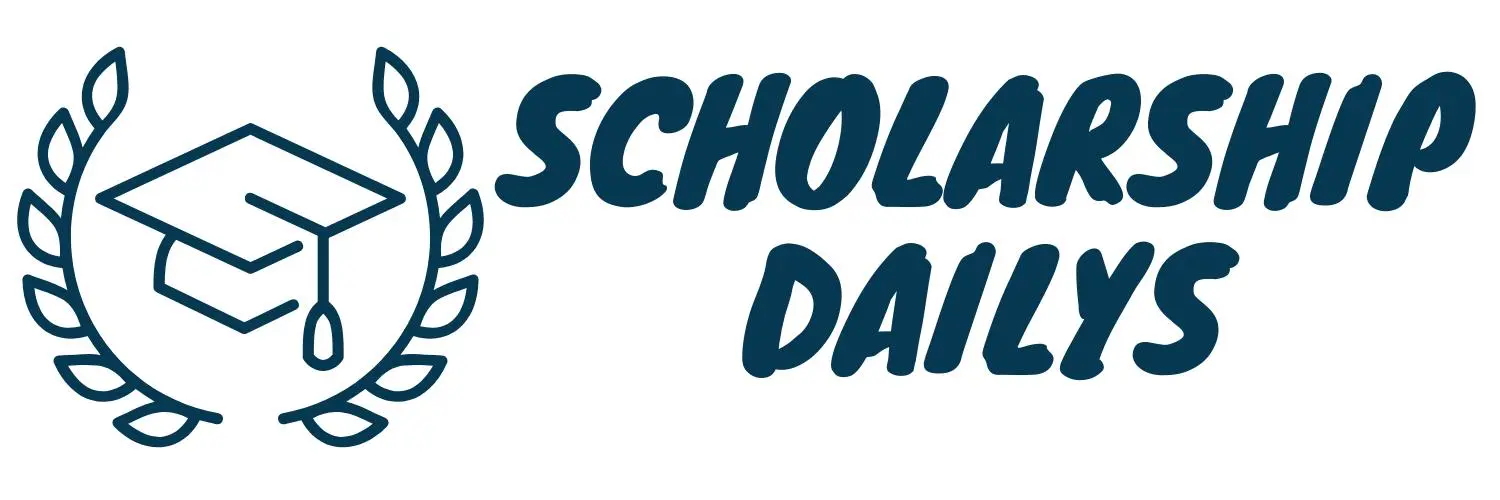South Korea is located in the southern part of the Korean Peninsula and is a powerhouse in Eastern Asia, comparable to Hong Kong or Singapore. It only has one land border, with North Korea. The two Koreas share an intriguing connection.
The country shares boundaries with the Yellow Sea to the west, the Korea Strait to the south, and the Sea of Japan to the east. Despite having only one physical boundary, Japan and China are close neighbors.
The Bachelor of Engineering (B.Eng. or BE) is an academic degree obtained by undergraduate study in one of the Engineering Sciences. A bachelor’s degree in engineering takes three to four years to complete.
The Bachelor of Engineering degree is academically equivalent to the Bachelor of Science. Bachelor of Engineering degrees are commonly awarded for technical studies in applied science or technical universities. Regular engineering programs at other institutions are conferred Bachelor of Science (B.Sc.) degrees.
B.Eng. courses at international tech institutions teach students how to address engineering issues utilizing mathematics, scientific concepts, and innovative methodologies and technologies. You learn problem-solving techniques, an analytical mindset, and how to do good research. To graduate, students must complete an Engineering research paper during their last year of school.
Here is a quick guide to choosing the right university in South Korea:
1. Choosing the Right University:
South Korea stands out as a hotspot for academic excellence in engineering, boasting numerous esteemed universities renowned for their exceptional programs. Institutions like Seoul National University, KAIST, and POSTECH are among the key players offering comprehensive engineering courses. Each university holds its unique forte in specializations, faculty expertise, and available resources. Conducting an in-depth exploration into these aspects is vital in navigating the diverse academic landscape and pinpointing the most fitting educational institution for your engineering pursuits in South Korea.
2. Admission Process:
The admission journey into South Korean engineering universities typically involves a multifaceted process. This includes submitting academic transcripts, standardized test scores (such as TOEFL or IELTS, primarily for international students), letters of recommendation, and a well-crafted statement of purpose. It’s worth noting that some institutions might additionally require entrance exams or interviews, underscoring the importance of thorough preparation and meticulous attention to each university’s specific requirements.
3. Language Requirement:
While many engineering programs are conducted in English to accommodate international students, proficiency in the Korean language can significantly enrich daily life experiences and foster deeper cultural integration. Some universities may provide language courses tailored for international students, facilitating a smoother transition into South Korean society. Embracing the local language not only aids in academic engagement but also allows for a more immersive cultural experience during the tenure of study in South Korea.
4. Curriculum and Specializations:
The engineering curriculum in South Korea presents a vast array of specialized fields, encompassing disciplines such as electrical engineering, mechanical engineering, computer science, and beyond. These programs offer students the chance to explore multifaceted realms within engineering, fostering in-depth knowledge and skills essential for professional growth. Furthermore, the academic landscape in South Korea extends beyond the conventional, allowing for immersive studies in cutting-edge technology fields like robotics, semiconductor engineering, renewable energy, and other pioneering domains, enabling students to contribute to the forefront of technological advancement.
5. Research Opportunities and Industry Connections:
South Korean universities stand out for their robust ties with industry leaders, providing students with invaluable avenues for research and industry exposure. These collaborations create a fertile ground for students to delve into cutting-edge research initiatives and gain hands-on experience through internships and practical engagements. The strong alliances foster a dynamic learning environment, where theoretical knowledge seamlessly merges with real-world applications, empowering students to emerge as adept professionals well-versed in industry practices, thus enriching their academic journey.
6. Cultural Integration and Student Life:
Beyond academic pursuits, South Korea offers a vibrant tapestry of cultural experiences, harmonizing modernity and tradition. Engaging in cultural events, exploring historical landmarks, and savoring the rich tapestry of Korean cuisine form integral parts of the student life experience. Embracing these aspects not only adds depth to the academic journey but also fosters a deeper connection with the country’s heritage, enabling students to appreciate and integrate into South Korean society, and fostering a well-rounded and enriching university life experience.
Conclusion
South Korea has emerged as a global hub for technological innovation, making it an attractive destination for students pursuing engineering courses. Renowned for its cutting-edge technology and world-class universities, South Korea offers a dynamic academic environment for aspiring engineers.
Studying engineering in South Korea offers a unique blend of academic excellence, technological innovation, and cultural immersion. With a strong emphasis on research, industry collaboration, and a dynamic academic environment, South Korea provides an excellent platform for aspiring engineers to build their careers in a rapidly evolving global landscape.
